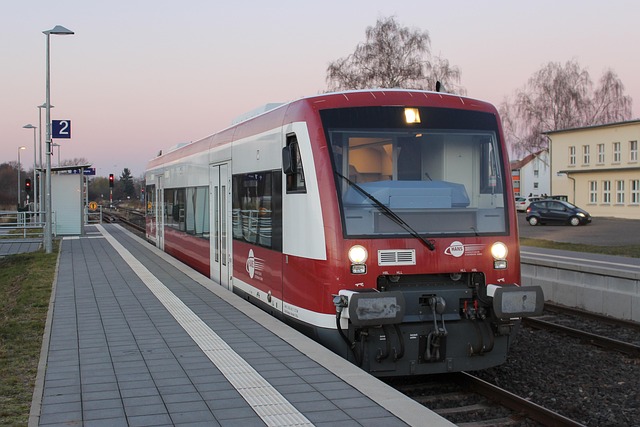Event planners can foster a thriving local economy by understanding the unique needs and aspirations of their town's entrepreneurs. Tailored events that resonate with attendees strengthen community bonds, inspire innovation, and contribute to cultural diversity. Researching demographics, professions, and challenges drives strategic planning, resulting in engaging experiences like industry-focused workshops and panel discussions. By aligning event content with local market dynamics and audience motivations, organizers become trusted partners, enhancing the value of their events for both attendees and the broader business community.
In today’s competitive landscape, successful local businesses recognize the power of strategic event planning. This article guides you through the process of cultivating a thriving business community by designing impactful events that resonate with your target audience. From understanding local trends and building influential partnerships to crafting engaging experiences and meticulous execution, discover how event planning becomes a catalyst for growth and fosters a strong, connected business ecosystem.
- Understanding Your Local Business Community
- – Identifying target audience and their needs
- – Researching local business trends and challenges
Understanding Your Local Business Community

Understanding your local business community is a cornerstone of successful event planning. By immersing yourself in the fabric of your town or city, you gain insights into the unique needs and aspirations of fellow entrepreneurs. This knowledge allows for the creation of events that not only attract but also resonate deeply with attendees – whether they’re industry peers, potential partners, or local residents eager to support small businesses.
Effective event planning for local businesses involves recognizing and catering to diverse interests within your community. Whether it’s networking opportunities, educational workshops, or simply a chance to celebrate the spirit of entrepreneurship, tailored events foster connections, inspire innovation, and contribute to a vibrant local economy. This strategic approach ensures that your business gatherings become integral parts of the cultural tapestry, drawing people together and strengthening the bonds that make a community thrive.
– Identifying target audience and their needs

When planning local business events, understanding your target audience is paramount. Event planners must identify the unique needs and interests of potential attendees, ensuring the event aligns with their expectations. This involves researching demographics, professions, and common challenges faced by the local business community. By tailoring the event’s focus, content, and format to these insights, organizers can create a compelling experience that attracts and engages the desired audience.
For instance, if your research reveals a high concentration of tech startups in the area, an event centered around digital marketing trends and networking opportunities would be strategic. Incorporating workshops, panel discussions, and interactive sessions relevant to their industry can spark interest. Additionally, leveraging online platforms for promotion and providing digital tools or resources as takeaways demonstrates a deep understanding of the local business landscape and their Event Planning for Local Businesses needs.
– Researching local business trends and challenges

In the dynamic landscape of local business events, strategic planning begins with a thorough understanding of the market trends and challenges that shape the entrepreneurial environment. Event planners for local businesses must conduct meticulous research to identify the pulse of their target audience—what drives them, what problems they face, and what motivates them to engage in networking opportunities. By delving into industry reports, analyzing local economic data, and directly consulting with business owners, event organizers can tailor activities that resonate with attendees’ needs. This involves recognizing emerging trends, such as the increasing importance of digital marketing or sustainable practices, and incorporating these insights into the event agenda.
Moreover, understanding the unique challenges faced by local businesses is paramount. These might include limited budgets, competitive markets, or access to resources. Event planning strategies should address these obstacles head-on, offering solutions that are both practical and appealing. For instance, creating cost-effective networking platforms, facilitating mentorship sessions, or providing workshops on relevant topics can empower local business owners and foster a sense of community. Such thoughtful planning not only enhances the value of the event but also solidifies the organizer’s reputation as a strategic partner in the local business scene.
Strategic event planning is a powerful tool for local businesses to connect, grow, and thrive within their community. By understanding the unique needs and trends of your target audience, you can create meaningful events that foster relationships and drive business success. This article has provided essential insights into navigating the local business landscape, from identifying your audience to researching relevant trends and challenges. Now it’s time to take action and start planning engaging events that will leave a lasting impact on both your business and the local community.














